Today, the website is the "face" of the company in the virtual space. Most often, businesses look at a website in terms of design and functionality, but it's also important to pay attention to the legal information presented on the site. Posted documents are the key element to ensure transparency and trust among customers, partners and, of course, regulators. Below we'll look at what paperwork you need to do for your website and what you should consider when posting it.
1. User Agreement (Terms of Use)
The User Agreement, or Terms of Use, defines the rights and obligations of both the company and users. The document contains information about the functionality of the platform and how to use it, limitation of use, restrictions and warranties associated with the functions. Hence, this is a must design for any website.
The more features on the site, the more detailed the User Agreement is: for example, it may specify the procedure for registration, use and deletion of an account, the procedure for posting and deleting content, the procedure for payment, refund of payment, etc. The User Agreement can be used as a basis for registration, use and deletion of an account.
It is this document that allows the business to set "boundaries": it can specify the most convenient place for dispute resolution and the law applicable to the company-user relationship, as well as specify what liability the company is not ready to assume.
It is recommended to place it on a separate page.
2. Offer
If the project involves a transaction between a company and a user on the platform, an offer may need to be published. It eliminates the need for separate written contracts with each user. Depending on the specifics of the platform, the text may be published separately on the website or included in the User Agreement.
The content depends on what product/service is being sold through the site. Most often, the offer includes information about goods/services, ordering, payment, order cancelation, terms of service/delivery of goods and much more. It is always stated that the document constitutes a public offer.
For the agreement between the company and the user to be considered concluded, the offer must be accepted (acceptance of the offer must occur). The specific form is not established by the law, but it must be fixed in the text of the offer, otherwise the agreement between the platform operator and the user will be recognized as unconcluded, and therefore the user can at any time demand a refund.
It is recommended to place it on a separate page.
3. Privacy Policy
If users leave any form of personal data on the platform, a Privacy Policy (Personal Data Processing Policy) will be required to be executed and published on the website.
The purpose of the Policy is to inform about the rights of users in the field of personal data, guaranteed by special legislation, and to describe the procedure for their realization. These include, in particular, the rights to receive information, to restrict or refuse processing of personal data, to have the data rectified, etc.
The Policy describes the rules of collection, storage and use of personal data, establishes the list of collected information, the purposes and grounds for its use, the procedure for processing and protection.
It is recommended to place it on a separate page.
4. Consent to the processing of personal data
Any processing of personal data is carried out only on legal grounds, one of which is the user's consent to such processing.
The consent must be in such form that the company can confirm that it has been obtained. In the text of the Consent it is necessary to specify the list of collected and processed information, the purposes of its collection and processing.
5. Cookie notification
Cookies are small pieces of data that are stored on your computer by your browser. With such files, sites can, for example, memorize the language of the site page a user has selected, track the user across devices and marketing channels.
Data protection laws, such as GDPR, require websites to notify users about how they use cookies and provide choices about their use.
The cookie notification should be presented as a pop-up window. It is necessary to specify what files are used on your project site, the ability to disable or restrict the use of cookies.
6. Consent to receive promotional mail
If your project collects user contacts for the purpose of distributing promotional materials in any form, you must execute such Consent.
The user must agree to what materials it will receive, through what communication channels and from whom. At the same time, he should always have the option to unsubscribe from a promotional mail.
Complete legal paperwork for the website is necessary to maintain user confidence, ensure compliance with the laws and create a professional impression of the company. Posting these documents is the key in the process of properly organizing an online presence for the business.
You can delegate the drafting of documents to GMT Legal's lawyers. We will take into account all the nuances for the legitimate operation of the project, select legal structures to minimize risks in terms of liability, disputes with users and unfair competitors.

